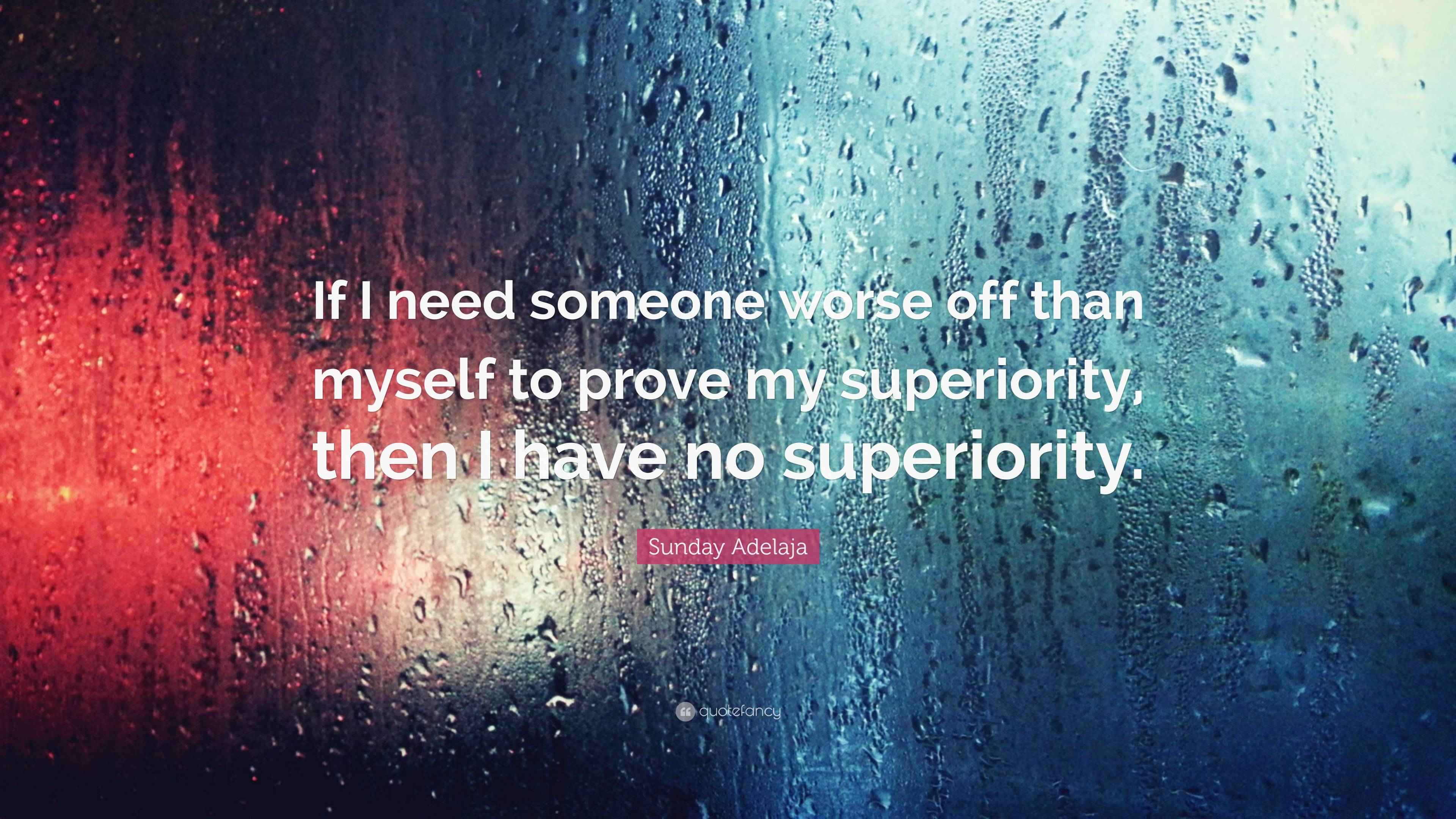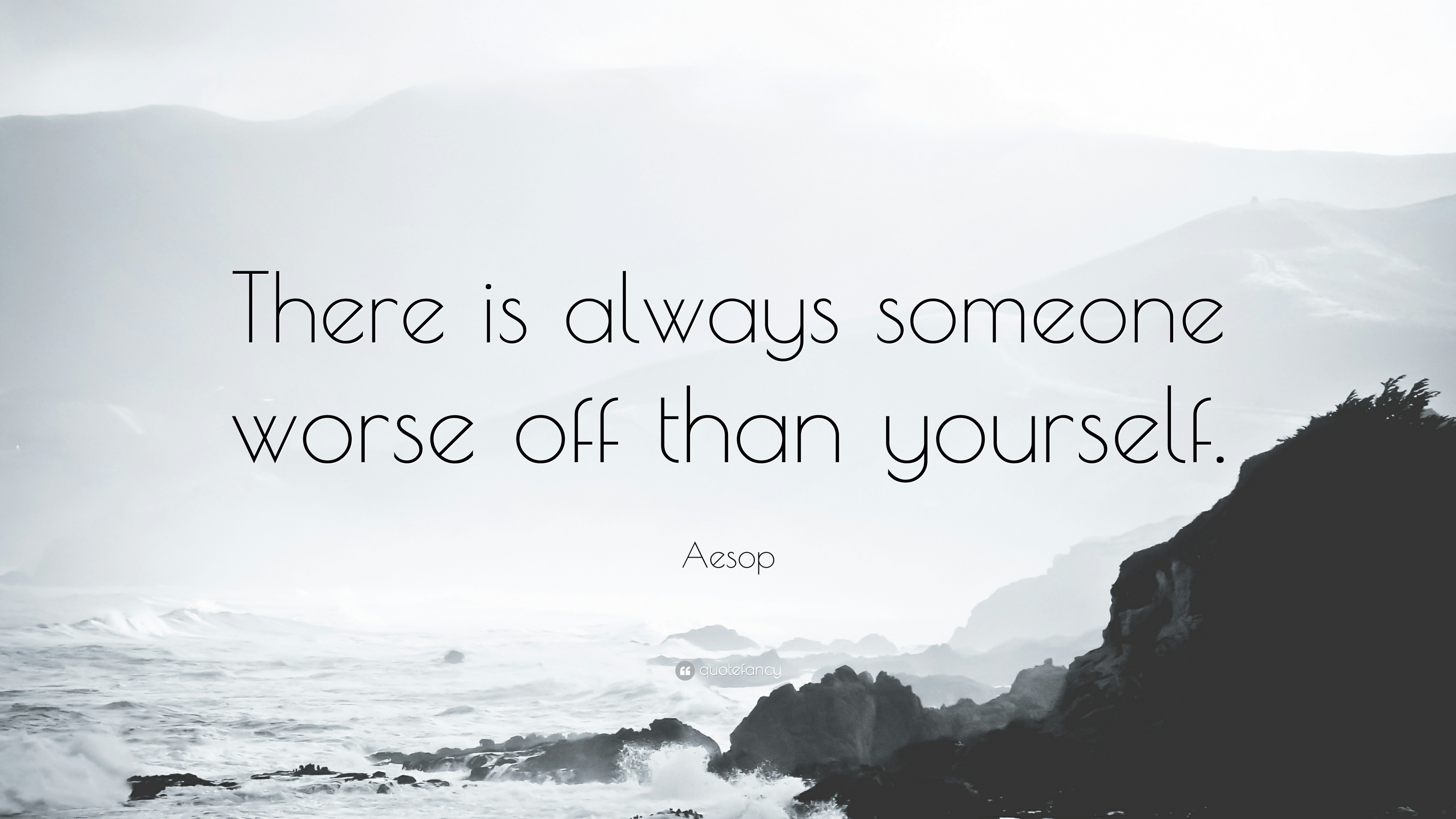Feel Sympathy For Those Who Are Worse Off Than Myself: A Comprehensive Guide
Mar 22 2025
Empathy is a powerful human emotion that connects us with others, especially when we feel sympathy for those who are worse off than ourselves. It's a sentiment that fosters compassion, understanding, and the desire to help those in need. This emotion plays a crucial role in building strong communities and improving the quality of life for everyone involved. In this article, we will explore the concept of feeling sympathy and its importance in our daily lives.
Feeling sympathy for those less fortunate is not just about recognizing their struggles; it's also about taking action to make a difference. Whether through volunteering, donating, or simply offering a listening ear, there are countless ways to show support and care for others. This article aims to provide you with insights into how this emotional response can lead to positive changes in society.
As we delve deeper into the topic, we will discuss the psychological aspects of sympathy, its impact on mental health, and practical steps you can take to cultivate empathy in your life. By understanding the significance of feeling sympathy for those worse off than ourselves, we can create a more compassionate world where everyone has an opportunity to thrive.
Read also:Tyler Hynes Illness Unveiling The Truth Behind His Health Journey
Understanding Sympathy: More Than Just an Emotion
Sympathy is often described as an emotional response to another person's suffering. When we feel sympathy for those who are worse off than ourselves, we acknowledge their pain and express concern for their well-being. However, sympathy goes beyond mere recognition; it involves a genuine desire to alleviate the suffering of others.
In today's fast-paced world, it's easy to become disconnected from the struggles of those around us. Yet, by consciously choosing to feel sympathy for those worse off than ourselves, we can bridge the gap between privilege and hardship. This emotional connection not only benefits those in need but also enriches our own lives by fostering a sense of purpose and fulfillment.
What Does It Mean to Feel Sympathy?
Feeling sympathy means being aware of another person's difficulties and responding with kindness and understanding. It's important to differentiate sympathy from empathy, as the two terms are often used interchangeably. While empathy involves putting yourself in someone else's shoes and experiencing their emotions firsthand, sympathy focuses on acknowledging their struggles and offering support without necessarily sharing their exact feelings.
- Sympathy is an external response to someone else's suffering.
- It involves recognizing the challenges others face and expressing care for their well-being.
- Sympathy can lead to actions that help improve the lives of those in need.
The Psychological Benefits of Feeling Sympathy
Research shows that feeling sympathy for others can have numerous psychological benefits. When we focus on the needs of those worse off than ourselves, we cultivate a sense of gratitude for our own circumstances. This shift in perspective can lead to increased happiness, reduced stress, and improved mental health overall.
How Sympathy Affects Mental Health
Feeling sympathy for others can positively impact mental health by promoting emotional resilience and reducing feelings of isolation. By connecting with those in need, we create meaningful relationships that strengthen our social support networks. Additionally, acts of kindness inspired by sympathy can boost self-esteem and provide a sense of accomplishment.
- Sympathy fosters emotional resilience by encouraging positive thinking.
- It reduces feelings of isolation by building stronger social connections.
- Acts of kindness inspired by sympathy can improve self-esteem and overall well-being.
Practical Ways to Show Sympathy
There are many ways to demonstrate sympathy for those worse off than ourselves. Whether through small gestures or larger commitments, every act of kindness makes a difference. Here are some practical steps you can take to show support for those in need:
Read also:Spokane Bins Your Ultimate Guide To Waste Management Solutions
- Volunteer your time at local charities or community organizations.
- Donate money or resources to help those struggling financially.
- Offer emotional support by listening actively and providing encouragement.
- Advocate for policies and initiatives that address systemic inequalities.
Volunteering: A Path to Greater Sympathy
Volunteering is one of the most effective ways to develop sympathy for others. By working directly with those in need, you gain firsthand experience of their challenges and develop a deeper understanding of their circumstances. This hands-on approach not only benefits the recipients of your efforts but also enriches your own life by fostering a sense of purpose and fulfillment.
Building Empathy Through Sympathy
While sympathy and empathy are distinct concepts, they often go hand in hand. By feeling sympathy for those worse off than ourselves, we lay the groundwork for developing empathy—the ability to truly understand and share the emotions of others. This progression from sympathy to empathy strengthens our emotional intelligence and enhances our capacity to connect with others on a deeper level.
Steps to Cultivate Empathy
To cultivate empathy through sympathy, consider the following steps:
- Practice active listening to better understand others' perspectives.
- Engage in activities that expose you to diverse experiences and viewpoints.
- Challenge your assumptions and biases to broaden your understanding of different situations.
Social Impact of Sympathy
Feeling sympathy for those worse off than ourselves has a profound impact on society as a whole. When individuals come together to support one another, communities become stronger and more resilient. This collective effort can lead to lasting change, addressing issues such as poverty, inequality, and social injustice.
Case Studies of Sympathy in Action
Throughout history, there have been numerous examples of sympathy driving social change. For instance, the civil rights movement in the United States was fueled by individuals who felt sympathy for marginalized groups and took action to promote equality. Similarly, modern-day initiatives such as food banks and homeless shelters rely on the compassion of volunteers and donors to provide essential services to those in need.
Challenges in Feeling Sympathy
Despite its many benefits, feeling sympathy for others is not always easy. Factors such as personal bias, cultural differences, and societal pressures can hinder our ability to connect with those worse off than ourselves. Recognizing these challenges is the first step toward overcoming them and developing greater compassion for others.
Overcoming Barriers to Sympathy
To overcome barriers to sympathy, consider the following strategies:
- Challenge your assumptions and seek to understand others' perspectives.
- Engage in open and honest conversations about privilege and inequality.
- Participate in activities that promote inclusivity and diversity.
Teaching Sympathy to Future Generations
Instilling a sense of sympathy in children and young adults is essential for creating a more compassionate world. By teaching empathy and kindness from an early age, we equip future generations with the tools they need to address the challenges of tomorrow. Schools, families, and communities all play a role in nurturing these values.
Programs and Initiatives to Promote Sympathy
Various programs and initiatives aim to promote sympathy and empathy among young people. These include:
- Service-learning projects that combine academic study with community service.
- Workshops and seminars focused on emotional intelligence and social responsibility.
- Peer mentoring programs that encourage students to support one another.
Conclusion: The Power of Sympathy
In conclusion, feeling sympathy for those who are worse off than ourselves is a powerful force for good. By recognizing the struggles of others and taking action to support them, we create a more compassionate and equitable world. This article has explored the psychological, social, and personal benefits of sympathy, as well as practical steps you can take to cultivate this important emotion in your own life.
We encourage you to take action by volunteering, donating, or simply offering a listening ear to those in need. Together, we can make a difference and build a brighter future for everyone. Please share this article with others and continue the conversation by leaving a comment below. Thank you for joining us on this journey toward greater understanding and compassion.
Table of Contents
- Understanding Sympathy: More Than Just an Emotion
- The Psychological Benefits of Feeling Sympathy
- Practical Ways to Show Sympathy
- Building Empathy Through Sympathy
- Social Impact of Sympathy
- Challenges in Feeling Sympathy
- Teaching Sympathy to Future Generations
- Conclusion: The Power of Sympathy
References:
- Decety, J., & Cowell, J. M. (2014). Friends or Foes: Is Empathy Necessary for Moral Behavior? Perspectives on Psychological Science, 9(5), 525-537.
- Goetz, J. L., Keltner, D., & Simon-Thomas, E. (2010). Compassion: An Evolutionary Analysis and Empirical Review. Psychological Bulletin, 136(3), 351-374.
- Smith, A. (1759). The Theory of Moral Sentiments. A. Millar.


